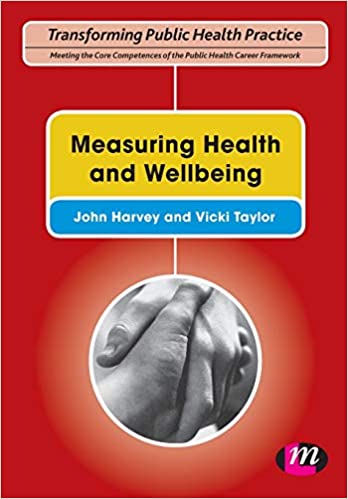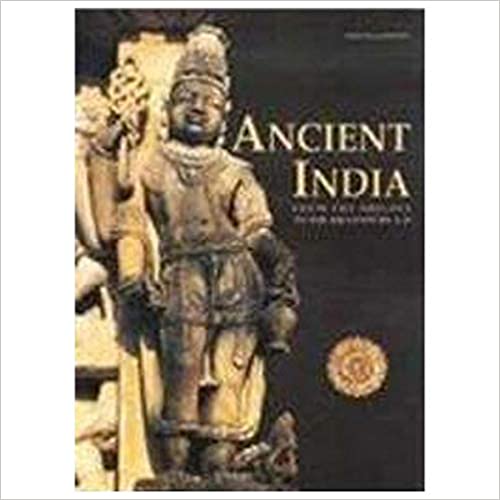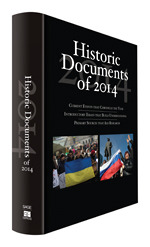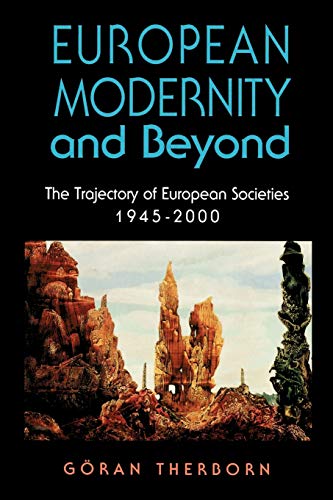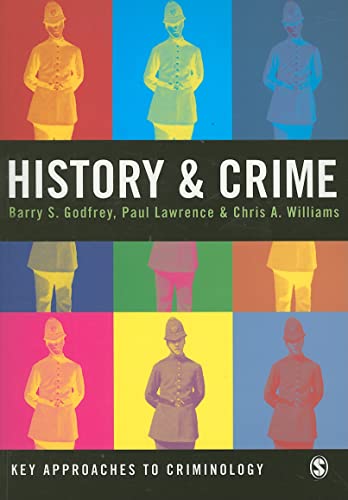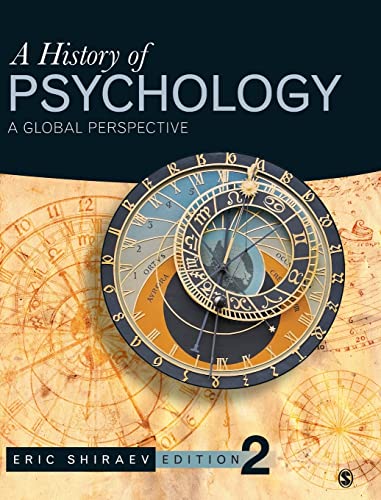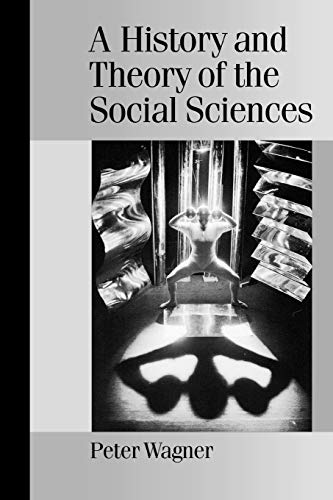History
Featured Products
Ancient India - From The Origins To The Xiii Century A D
₹3,645.00
M.R.P.:₹ 4,500.00
You Save: ₹855.00 (19.00% OFF)
A History and Theory of the Social Sciences
₹2,773.60
M.R.P.:₹ 3,467.00
You Save: ₹693.40 (20.00% OFF)
The Age of Pandemics (1817-1920): How They Shaped India and the World
₹351.12
M.R.P.:₹ 399.00
You Save: ₹47.88 (12.00% OFF)
In the Language of Remembering: Generational Memories of the Partition
₹615.12
M.R.P.:₹ 699.00
You Save: ₹83.88 (12.00% OFF)


